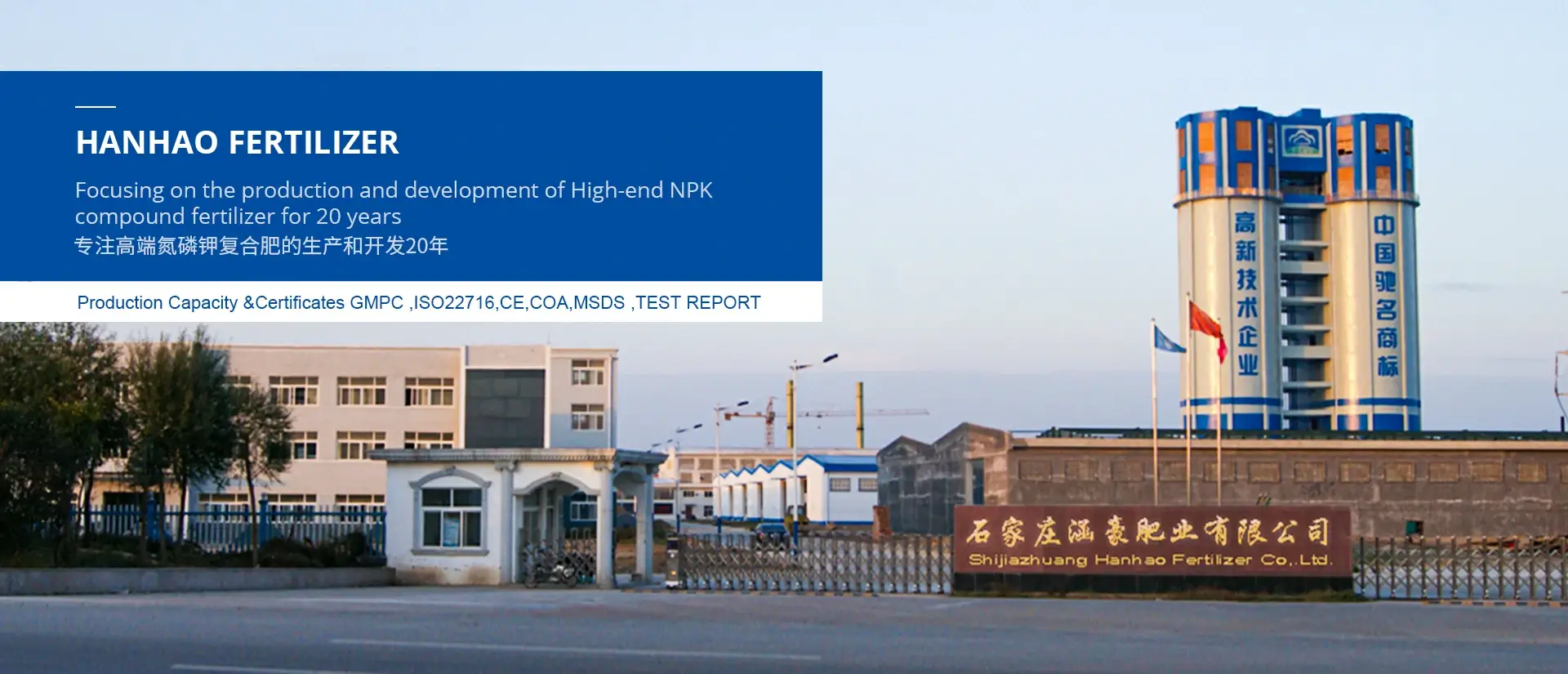
Oct . 07, 2024 16:17 Back to list
npk
Understanding NPK The Key to Healthy Plant Growth
NPK, an acronym for Nitrogen (N), Phosphorus (P), and Potassium (K), refers to the three essential nutrients that play a pivotal role in plant growth and development. These macronutrients are fundamental to the biological processes of plants, and understanding their functions can enhance both agricultural practices and home gardening experiences. In this article, we will explore the significance of each nutrient, their roles in plant health, and how to effectively utilize NPK in gardening and farming.
Nitrogen The Growth Catalyst
Nitrogen is a crucial component of amino acids, the building blocks of proteins. It contributes significantly to the synthesis of chlorophyll, the green pigment vital for photosynthesis. This process allows plants to convert sunlight into energy, promoting vigorous growth and lush green foliage. A deficiency in nitrogen often manifests as yellowing leaves, stunted growth, and poor overall plant health.
To provide nitrogen to plants, gardeners often use fertilizers labeled with high nitrogen content, especially during the early growth stages. These may include compost, manure, or commercially available N-rich fertilizers, which can help ensure robust growth. However, it is important to apply nitrogen judiciously, as excess nitrogen can lead to lush foliage but reduced fruit or flower production.
Phosphorus The Root Booster
.
Plants exhibiting phosphorus deficiency typically have dark green or purplish leaves and may suffer from poor flowering and fruiting. Adding phosphorus-rich fertilizers, such as bone meal or rock phosphate, can enhance root development and improve the overall yield. Timing is key; phosphorus is most beneficial when applied during the planting phase or when plants are transitioning from vegetative to reproductive growth stages.
npk

Potassium The Resilience Enhancer
Potassium is often referred to as the quality nutrient. It is instrumental in regulating various physiological processes, including water retention, enzyme activation, and nutrient transportation within the plant. Adequate potassium levels lead to stronger cell walls, resulting in improved plant resilience against diseases, drought, and extreme weather conditions.
A potassium deficiency may be detectable by browning leaf edges, weak stems, or increased susceptibility to pests and diseases. To combat potassium deficiency, gardeners can use potassium sulfate or greensand, both of which can enhance a plant’s overall vigor and stress resistance.
Balancing NPK for Optimal Growth
To achieve optimal plant health, a balanced application of NPK is essential. The ideal NPK ratio varies depending on the type of plants being cultivated; for instance, leafy vegetables may benefit from a higher nitrogen content, while fruit-bearing plants thrive with more phosphorus and potassium.
Soil testing is an invaluable tool for determining nutrient levels and ensuring balanced fertilizer application. Regular assessment of soil nutrient content helps gardeners make informed decisions, minimizing waste and preventing nutrient runoff into the environment.
In conclusion, understanding NPK and how it affects plant health is crucial for both amateur and professional gardeners. By paying attention to the needs of plants for nitrogen, phosphorus, and potassium, one can cultivate thriving gardens and bountiful harvests. In the ever-evolving domain of agriculture, mastering NPK remains a foundational element for sustainable and productive plant growth. Whether through organic practices or chemical fertilizers, the wise application of NPK is the key to unlocking the potential of plants.
-
Premium 10 10 10 Fertilizer Organic for Balanced Plant Growth
NewsJul.29,2025
-
50 Pound Bags of 13-13-13 Fertilizer for All Plants – Bulk & Organic Options
NewsJul.28,2025
-
High-Efficiency 15-30-15 Granular Fertilizer for Healthy Crops
NewsJul.28,2025
-
15-30-15 Granular Fertilizer for Optimal Crop & Lawn Growth
NewsJul.27,2025
-
Premium 10 10 10 Water Soluble Fertilizer for Fast Plant Growth
NewsJul.26,2025
-
Premium 10 10 10 Fertilizer Organic for Plants & Lawns
NewsJul.25,2025
